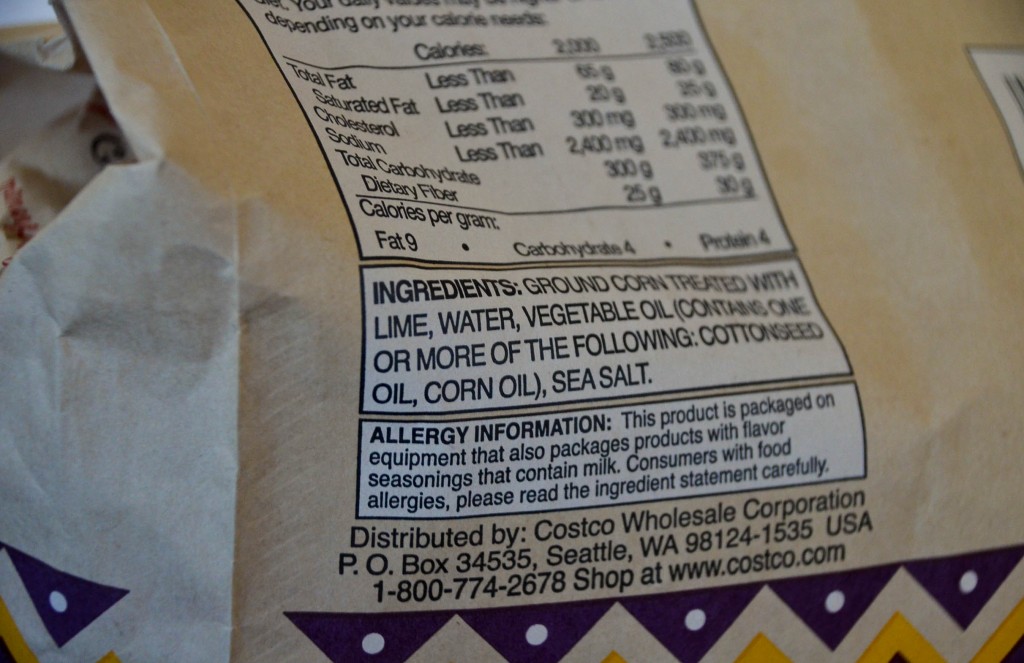According to Food Allergy Research & Education (FARE), up to 15 million Americans have food allergies, and the numbers are rising. Not all of these people are in danger of life-threatening anaphylaxis, but it is still a good idea to know how to approach food allergies, so that you can be an understanding (not an annoying) friend to the people in your life who have them.
1. Getting specifics

Photo by Jocelyn Hsu
Don’t Say: I won’t offer you this peanut butter cookie because you’re allergic to walnuts, and therefore, you must also be allergic to peanuts.
Do Say: I know you’re allergic to walnuts, but are you also allergic to other nuts? What about peanuts?
Cool fact: Peanuts are not nuts but actually legumes like peas and beans, so some people who are allergic to tree nuts are not allergic to peanuts.
2. Navigating food labels

Don’t Say: Wow, there’s a lot of writing on that food wrapper. Do you really have to read every single ingredient?
Do Say: Wow, there’s a lot of writing on that food wrapper. Can I help you read through it to make sure soy isn’t an ingredient? Two sets of eyes are better than one.
3. Ordering out with grace

Photo by Jocelyn Hsu
Don’t Say: I’m sure it’s fine. The menu doesn’t say the noodles are made of wheat. I don’t want to bother the waiter again.
Do Say: Would you like me to ask the waiter if the noodles in this dish are made with rice or wheat?
4. Managing possible cross-contaminants

Photo by Jocelyn Hsu
Don’t Say: The shellfish was only on this cutting board for a minute, so I’m sure you’ll be okay if I make your dinner on the same board.
Do Say: How sensitive are you to shellfish? If you’re really sensitive, I can use another cutting board or I can wash this one really well before I start making your dinner.
5. Preparing for the worst

Photo by Michelle Lin
Don’t Say: You’ll be fine.
Do Say: I’ll be as careful as I can to watch out for your food allergy, but if you do eat eggs, how severe is your reaction and what can I do to help? Do you have medicine or an EpiPen?
Note: Common food allergies are milk, soy, tree nuts, peanuts, fish, shellfish and wheat.

